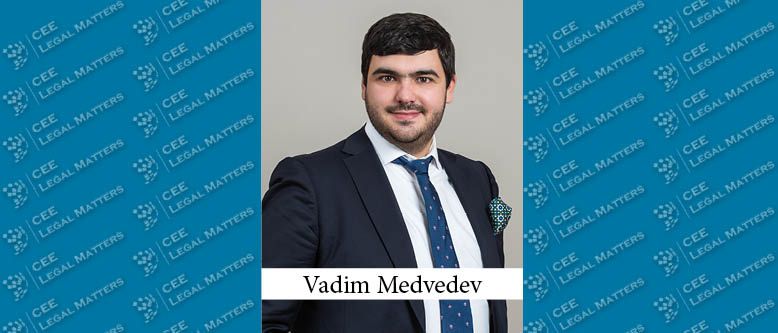Cross-border commercial disputes often raise a number of issues concerning the treatment of foreign litigants in domestic proceedings. A complete overhaul of Ukraine’s procedural rules back in 2017 included a number of specific rules for foreign litigants that they must consider, especially when they have no local presence or assets in Ukraine.
Ukraine’s procedural law is generally favorable for foreign litigants. Except for certain specific circumstances, foreign parties enjoy the same procedural rights as domestic ones. Foreign parties are also explicitly allowed to pay the mandatory court fee from their foreign accounts in euros or US dollars. Apart from proof of payment of the court fee, the only thing required by a Ukrainian court to commence proceedings is a certificate confirming the proper incorporation of a foreign entity in its home country. As the courts do not accept foreign language documents, care should be taken to translate all evidence supporting a claim into Ukrainian beforehand.
It is not unusual for the subject matter of a case brought to a Ukrainian court to be governed by foreign substantive law. In order to facilitate the application of foreign law provisions by Ukrainian courts, the parties are allowed and even encouraged to submit the reports of qualified expert witnesses. Such reports addressing relevant key aspects of foreign law are not binding on the court, although in practice the judges rely on them heavily.
Starting from the early stages of proceedings, a foreign plaintiff may encounter certain procedural pitfalls. One of these could be the security for legal costs of the domestic respondent. Upon commencement of the proceedings, the court may order such security if the plaintiff has no local presence or assets in Ukraine. Although in practice courts rarely resort to such orders, if an order is made, the plaintiff normally has up to 15 days to deposit the appropriate amount in the court’s account. Notably, Ukrainian courts do not, at the moment, have deposit accounts in foreign currency. Foreign plaintiffs can, thus, find it technically impossible to comply with the order, even though non-compliance may result in the proceedings being terminated. In order to avoid this, we recommend that our clients open a UAH account with a Ukrainian bank and have some funds deposited there. Alternatively, the security ordered by the court may be paid by local counsel on his or her client’s behalf.
Similar barriers can arise when a foreign party seeks interim measures. The court may ask the applicant to provide counter-security to cover the defendant’s anticipated damages if the claimant’s case fails. In absence of clear guidance on how to measure such damages, the courts routinely request counter-security equal to the value of funds or assets sought to be frozen. Such approach is not quite fair though, and we traditionally attempt to persuade the court to decrease counter-security to a reasonable amount or even reject the application for counter-security at all. There is, however, a category of cases where the procedural rules require the courts to demand counter-security from a foreign litigant with no local presence or assets in Ukraine. These are claims heard by general courts against individuals and applications for interim measures in support of foreign arbitration. When it is crucial to freeze the opposing party’s assets pending resolution of a dispute, a foreign plaintiff must be prepared to offer counter-security. Considering that foreign currency accounts for this security are still unavailable, it is advisable to prepare a guarantee letter from a party with confirmed financial standing (preferably a local entity) to satisfy the court’s request for counter-security.
In light of possible obstacles which a foreign litigant may encounter in Ukrainian proceedings, thorough preparation of the case and pre-assessment of security issues is a critical key to success.
By Vadim Medvedev, Partner, and Andriy Fortunenko, Senior Associate, Avellum
This Article was originally published in Issue 6.8 of the CEE Legal Matters Magazine. If you would like to receive a hard copy of the magazine, you can subscribe here.
